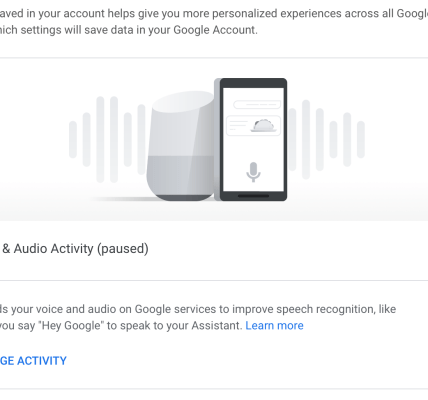Navigating the world of digital marketing can feel like traversing a complex maze, especially for small business owners with limited resources. One strategy that frequently surfaces is Pay-Per-Click (PPC) advertising, a model that promises targeted reach and measurable results. However, the allure of instant visibility often comes with a crucial question: is PPC truly a worthwhile investment, or just another drain on already stretched budgets? Understanding the nuances of PPC is essential before deciding if it’s the right fit for your small business.
Understanding PPC Advertising
Pay-Per-Click (PPC) advertising is an online advertising model where advertisers pay a fee each time one of their ads is clicked. Essentially, you’re buying visits to your website, rather than earning them organically through SEO. This model is most commonly associated with search engines like Google and Bing, where advertisers bid on keywords relevant to their target audience. When someone searches for those keywords, ads compete for placement on the search engine results page (SERP).
How Does PPC Work?
- Keyword Research: Identify the terms your target audience uses to search for products or services like yours.
- Ad Creation: Craft compelling ad copy that entices users to click.
- Bidding: Set a maximum bid you’re willing to pay for each click on your ad.
- Landing Page Optimization: Ensure your landing page is relevant to your ad and provides a seamless user experience.
- Tracking & Optimization: Continuously monitor your campaign performance and make adjustments to improve results.
Is PPC Right for Small Businesses?
The decision of whether or not to invest in PPC requires careful consideration of your business goals, target audience, and budget. While PPC offers several advantages, it also presents potential challenges for small business owners.
Advantages of PPC for Small Businesses:
- Targeted Reach: Reach your ideal customers based on demographics, interests, and location.
- Measurable Results: Track your campaign performance and calculate your return on investment (ROI).
- Quick Results: See immediate results compared to SEO, which takes time to build organic rankings.
- Budget Control: Set daily and monthly budgets to control your spending.
- Flexibility: Easily adjust your campaigns based on performance data.
Disadvantages of PPC for Small Businesses:
- Cost: PPC can be expensive, especially for competitive keywords.
- Time Commitment: Requires ongoing monitoring and optimization to achieve optimal results.
- Complexity: Can be challenging to master without experience or expertise.
- Competition: Bidding wars can drive up the cost of clicks.
For a small business, the key is to start small and test. Identify a few highly relevant keywords, create compelling ads, and meticulously track your results. Don’t be afraid to experiment and adjust your strategy based on the data you collect. Consider using location-based targeting to reach customers in your local area, potentially reducing competition and costs. A successful PPC campaign can significantly boost visibility and drive qualified leads to your website.
FAQ About PPC for Small Businesses
Q: How much should I spend on PPC?
A: The ideal budget depends on your industry, target audience, and goals. Start with a small budget and gradually increase it as you see positive results. Consider starting with as little as $5-$10 per day and scale up as you optimize your campaigns.
Q: Can I manage my own PPC campaigns?
A: Yes, you can manage your own PPC campaigns, but it requires time, effort, and a willingness to learn. Platforms like Google Ads offer resources and tutorials to help you get started. However, consider hiring a PPC specialist or agency if you lack the time or expertise.
Q: How do I track my PPC results?
A: Use conversion tracking to measure the number of leads or sales generated by your PPC campaigns. This data will help you calculate your ROI and optimize your campaigns for better performance.
Q: What is Quality Score?
A: Quality Score is a metric used by Google Ads to assess the quality and relevance of your ads and landing pages. A higher Quality Score can lead to lower costs and better ad positions.
Ultimately, the decision of whether or not to invest in PPC as a small business owner depends on your individual circumstances. By carefully weighing the advantages and disadvantages, setting realistic goals, and committing to ongoing monitoring and optimization, you can determine if PPC is a worthwhile strategy for driving growth and achieving your business objectives.

